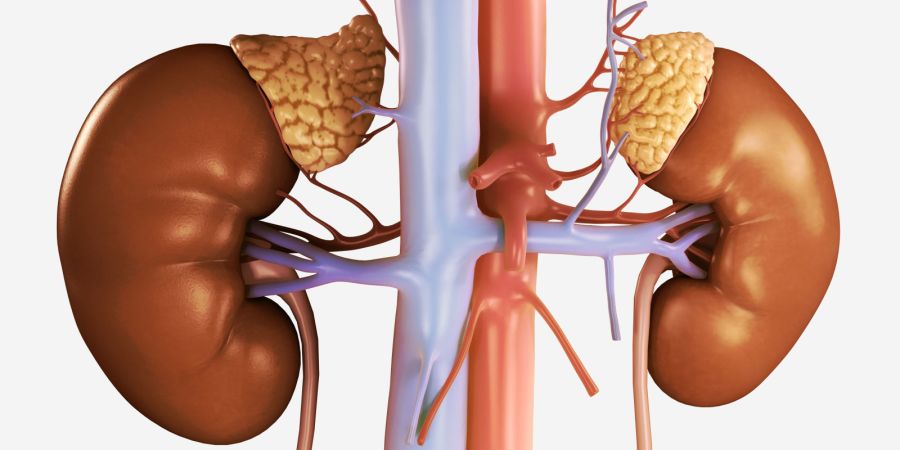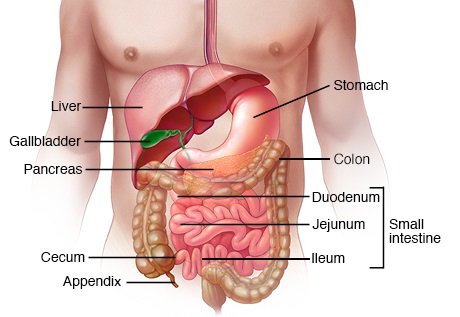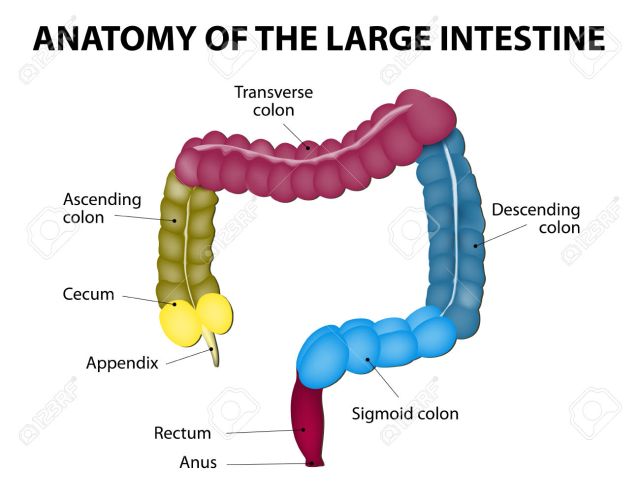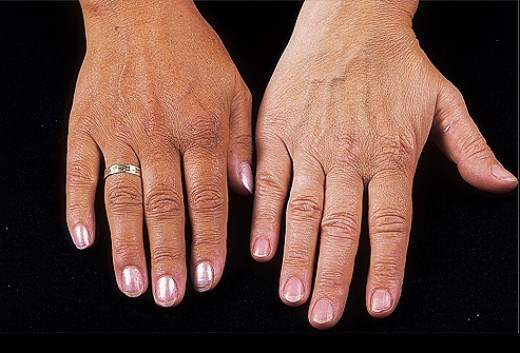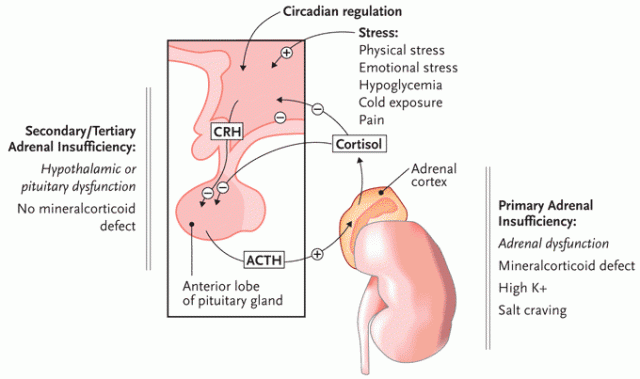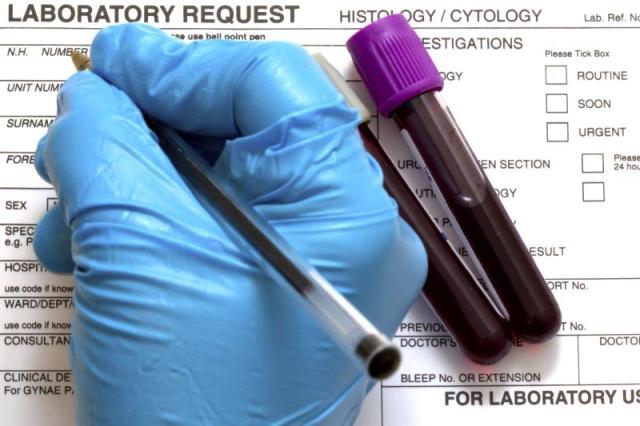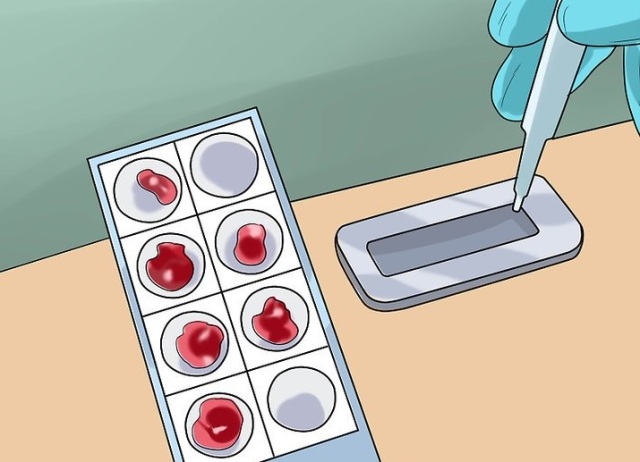You all know the importance of having a good digestive health and the discomfort caused when it’s worse. Bacteria play a major role in the health of your body. Needless to say, there are good bacteria and bad ones too. Bacteria, when at the right location in the body, play their role perfectly and when moved, might cause problems. They highly influence the metabolism and bowel movements. The bad bacteria from the large intestine when moved to the small intestine, causes Small Intestinal Bacterial Overgrowth. It’s abbreviated as SIBO. Bad bacteria in small amounts do no harm, but in large amounts blocks the ability of the intestine to absorb nutrients. The Small Intestine Overgrowth Breath Testing helps you diagnose for Bacterial overgrown in the small Intestine reliably.
Symptoms for Small Intestinal Bacterial Overgrowth
- Constipation
- Gas
- Nausea or acid reflux
- Fatigue
- Diarrhea
- Bloating
- Abdominal Cramps
- Anxiety or depression
- Headache
- Food Sensitivity
- Asthma
- Belching
- Pain in the Joints
- Various skin problems (eczema, acne, etc.)
The small Intestine Bacterial Overgrowth shares many symptoms with the Irritable Bowel Syndrome. Due to this reason alone, it’s difficult to differentiate between the conditions. The detection of these conditions becomes harder because of the overlapping symptoms. The Small Intestine Overgrowth Breath Testing takes care of it easily through its easy ways of diagnosing.
How does the SIBO Test works?
The two gases, in particular, that body does not produce include methane and hydrogen. The bacteria produce them. The person that suffers through Small Intestine Bacterial Overgrowth has these gases in their breath. After the bacteria move from large to small intestine the overgrown bacteria produce these gases. A small intestine is a place where nutrients get absorbed by the body and go into the bloodstream. The Small Intestine Overgrowth Breath Testing utilizes this information for the detection of these gases in your breath. If found, it’s proved that the condition of Small Intestine Bacterial Overgrowth exists in your body.
Conclusion
Upon the intake of fiber, your constipation worsens; Probiotics promote bloating and gas; Indication of low iron in the bloodstream. If you notice these conditions in your body, it points to the presence of SIBO. To confirm the presence of this condition and to avoid yourself further pain, it’s imperative to take this test. This test proves to be the easiest and reliable way to detect SIBO in your body. The Small Intestine Overgrowth Breath Testing might not cure the condition, but it’s an important step towards a cure.


